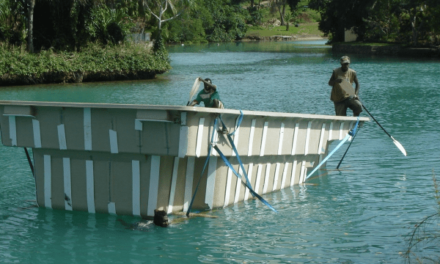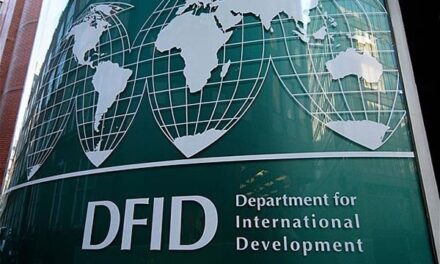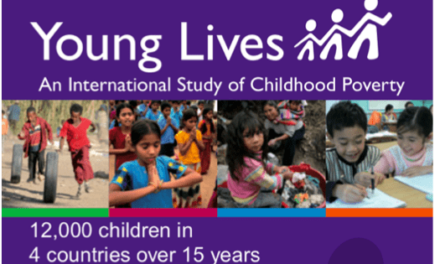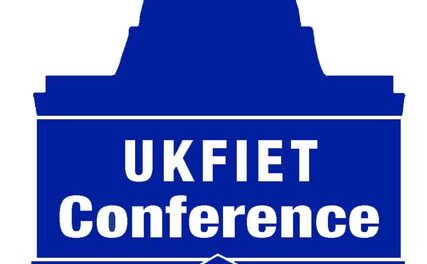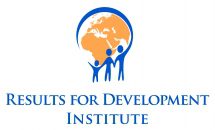
Beyond Ideology: What works in non-state education? A Round Table at the 2013 UKFIET International Conference on Education and Development
As the international education community prepares new frameworks for achieving global education goals, it is critical that we first take a look around and observe emerging trends. One critical example is the proliferation of non-state education programs in developing countries over the past decade. Heated debate over the provision of education services by the state versus the non-state sector is, to some extent, less important than understanding the phenomenon of non-state education. Moving beyond ideology, it is crucial to recognize the objective reality that the non-state sector is large, growing, and is where an increasing number of the world’s population – particularly the poor – go for education.
UKFIET Conference Preview
This is part of a series of previews introducing Symposia, Round Tables and Sub-Themes from the 12th UKFIET International Conference on Education and Development to be held 10-12 September in Oxford, UK. Please leave your comments and questions about the Round Table below.
Nicholas Burnett, Managing Director for Education at Results for Development Institute, will be hosting a round table at the 12th UKFIET Conference which will explore non-state education models and the debate surrounding them. During this round table you will hear voices from all sides of the global debate on public and private provision of basic education. You will also learn about programs in the developing world that bridge the public-private gap.
For example, the Zambian Regional Director of the eSchool360 model implemented by Impact Network will describe how a low-cost, technology-enabled school-in-a-box approach to provision (from teacher hiring to curricular materials to infrastructure guidelines) can be used by community schools, government schools, and low-cost private schools alike to improve the quality of education students in rural areas receive.
You will also hear from leaders of Absolute Return for Kids (ARK) and Educate Girls, initiatives that work in India and other countries to facilitate public-private partnerships by contracting out delivery (ARK) and partner with communities to help them advocate for improved facilities and school improvement in government schools (Educate Girls).
We hope for a vibrant discussion that addresses but also transcends the public-private debate, focusing on evidence of effective interventions and the potential to scale up and replicate promising models.


